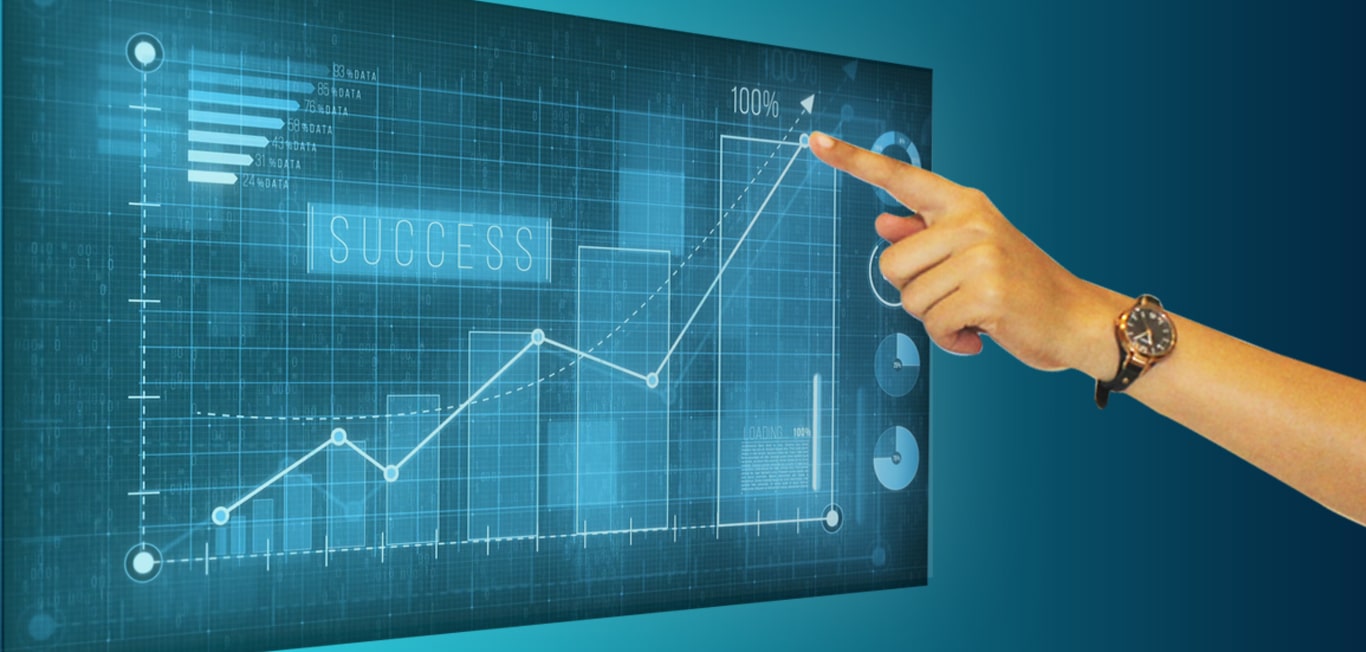How to estimate the value of a coin?
Estimating the value of a coin: our guide
You are coin collector or have you inherited some coins whose value you’d like to know? Date of issue, mint, design metal, general state of preservation, face value, provenance: these are all criteria taken into account to make an accurate estimate of a coin’s value. In this article, we detail all the criteria taken into account when estimating the value of a coin!
What are the analysis criteria?
State of preservation
The first criterion for estimating the value of a coin is to check its state of preservation. In fact, this is a crucial characteristic, since a coin’s gold coin or silver coin will sell for much less than one in superb condition.
Below are the codes used by professional numismatic appraisers to define the condition of coins:
- B for Fine: very fair condition, coin worn but writing legible.
- TB for Very Fine: normal wear without scratches.
- TTB for Très très beau: little wear and no apparent flaws.
- SUP for Superior: almost new condition with very slight traces of circulation.
- FDC for Fleur de coin: perfect condition with no traces of circulation.
How to identify the condition of my silver coin or my gold coin? For coins to be identifiable, they must have full relief, a legible legend and be free of bumps and scratches. Other elements, such as total integrity and velvet finish, can also enhance your coin’s value.
The easiest way to obtain a precise, expert appraisal of your coins is through specialized agencies. The LMP teams are happy to meet you in their Parisian and French agencies, and will be delighted to help you with your buy-back project.
The workshops
Unlike banknotes, it is not possible to transcribe much information on coins due to their small size. Some data is therefore provided in coded form, known as mint marks.
Mint marks are actually the distinguishing marks of a mint collection, and enable the workshop in which the coin was minted to be quickly identified. This information plays a key role in estimating the value of a coin, and provides details of its provenance and date of issue. The combination of all these factors gives the coin’s level of rarity, and therefore its buying or selling price.
Coin weight
Until the French Revolution, money was not fiduciary. Its value was determined by its gold or silver content, meaning that no value was indicated on the coins (unlike today’s 1 euro or 2 euro coins, for example).
As with the weight of an ingotThe weight of a coin therefore defines its precious metal concentration. And because of the evolution of gold price and silver over the centuries, coin weights changed regularly!
An accurate estimate of this weight is therefore necessary to determine the value of a coin, since the metal weight determines its intrinsic value. The current price of the metal concerned (whether gold or silver) at the time of your estimate will then impact its value at time T.
Rarity
Estimating the value of a coin is based on the age-old principles of supply and demand, as with any collector’s item. The rarer a coin is, the higher its resale value.
A coin is said to be rare when it is particularly well preserved in relation to its date of issue, when it is considered to be old, or when it is not widely distributed throughout the world. The rarity of a coin can also be justified by its low original issue.
Please note some coins are made “artificially” rare to heighten buyer interest and create demand. That’s why you need to consult competent professionals to estimate the value of a coin.
Where to get your coins appraised?
Who can appraise coins?
If you want sell your coins to obtain a final estimate, nothing beats the opinion of an expert to certify the value of your coins! Turn to a team of professionals or to a appraisal agency such as Les Métaux Précieux. These experts will be able to establish its numismatic value, taking into account all the above-mentioned criteria.
You can have the value of a coin estimated simply out of curiosity, or with a view to selling it. When you turn to LMP professionals, you benefit from a free, no-obligation estimate for all the items presented. And if you have a resale objective, we’ll offer you the right price! Visit us in our Paris branches or contact us by phone or online.
Where can I find out the value of a piece?
There are specialized websites and forums for estimating the value of a coin. However, to determine the precise value of a collector coin, we always advise you to visit a physical appraisal agency. Indeed, it is necessary to analyze the coin in detail in order to estimate its real value, particularly with regard to its state of preservation.

